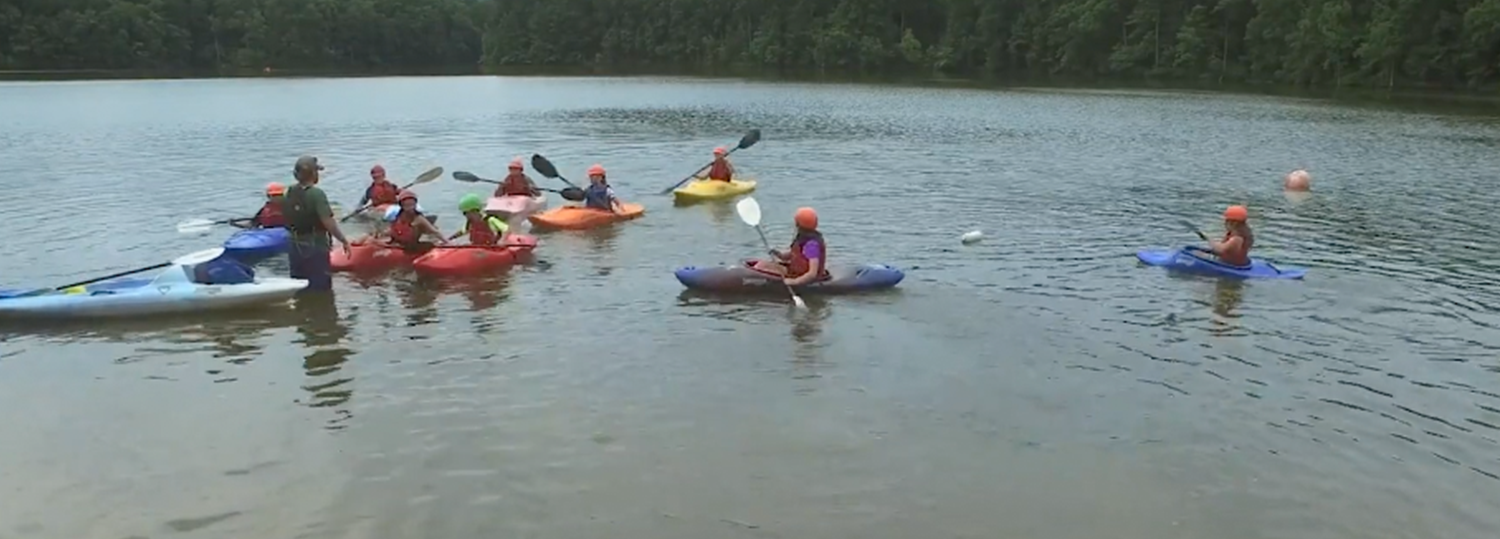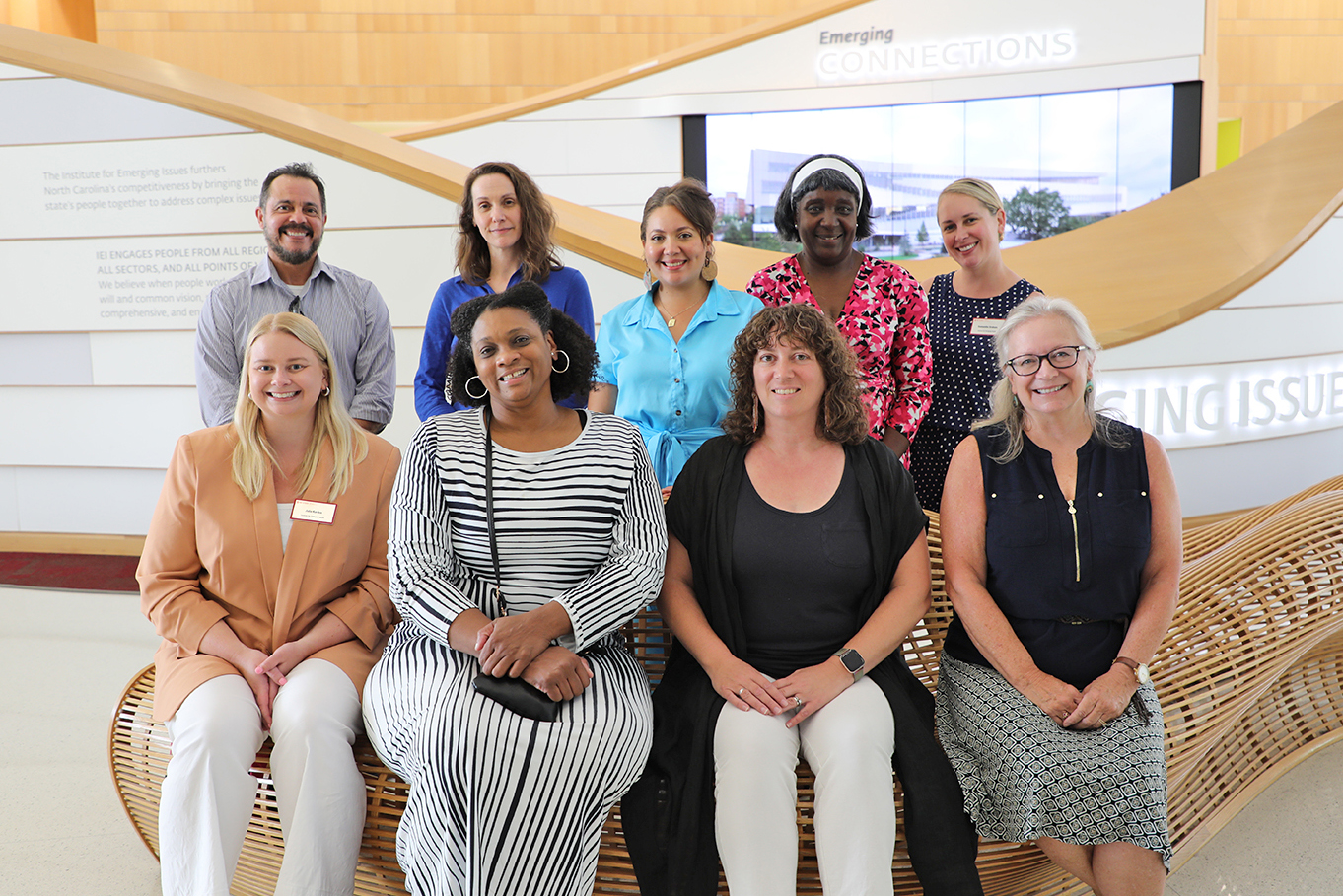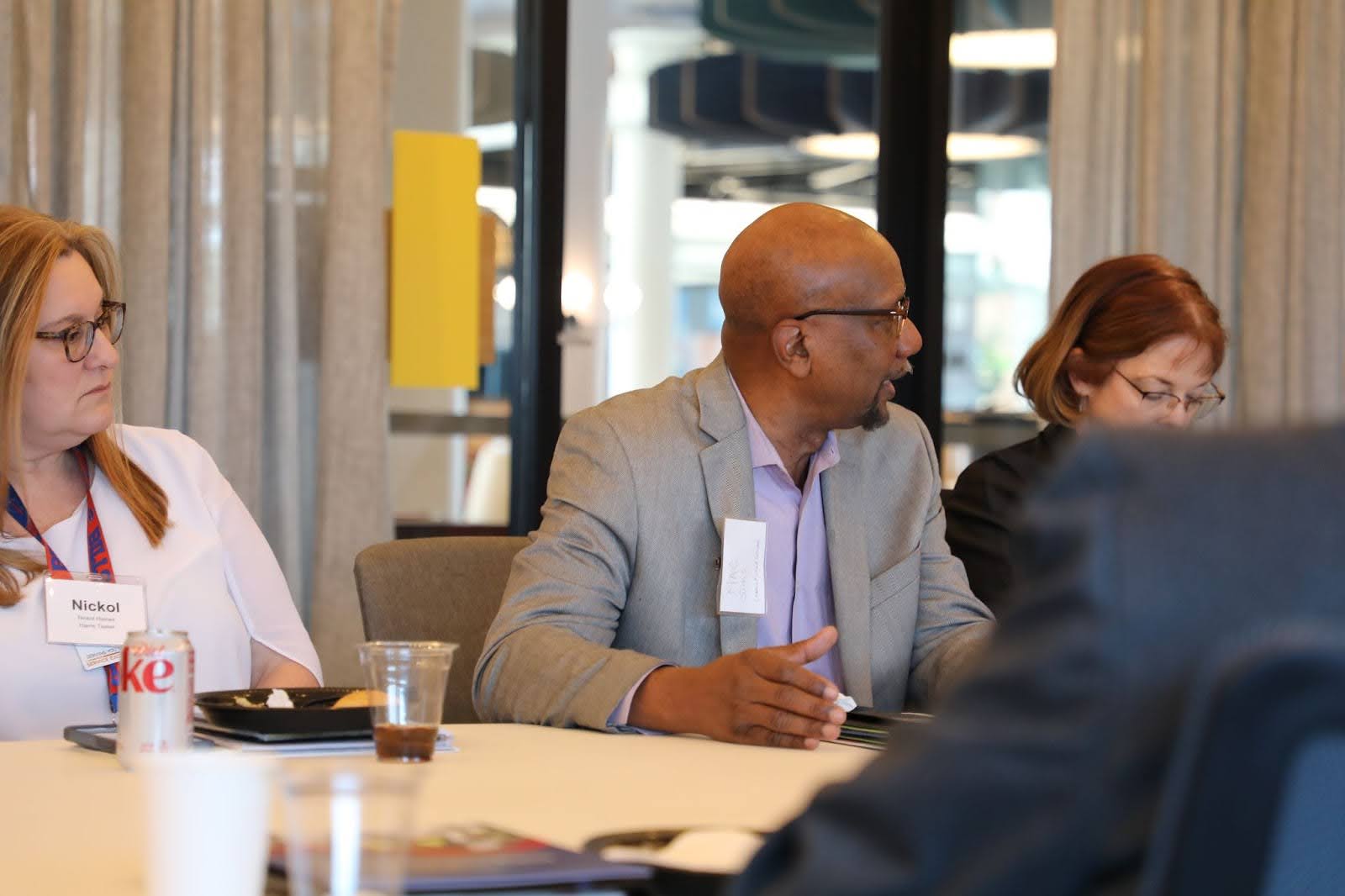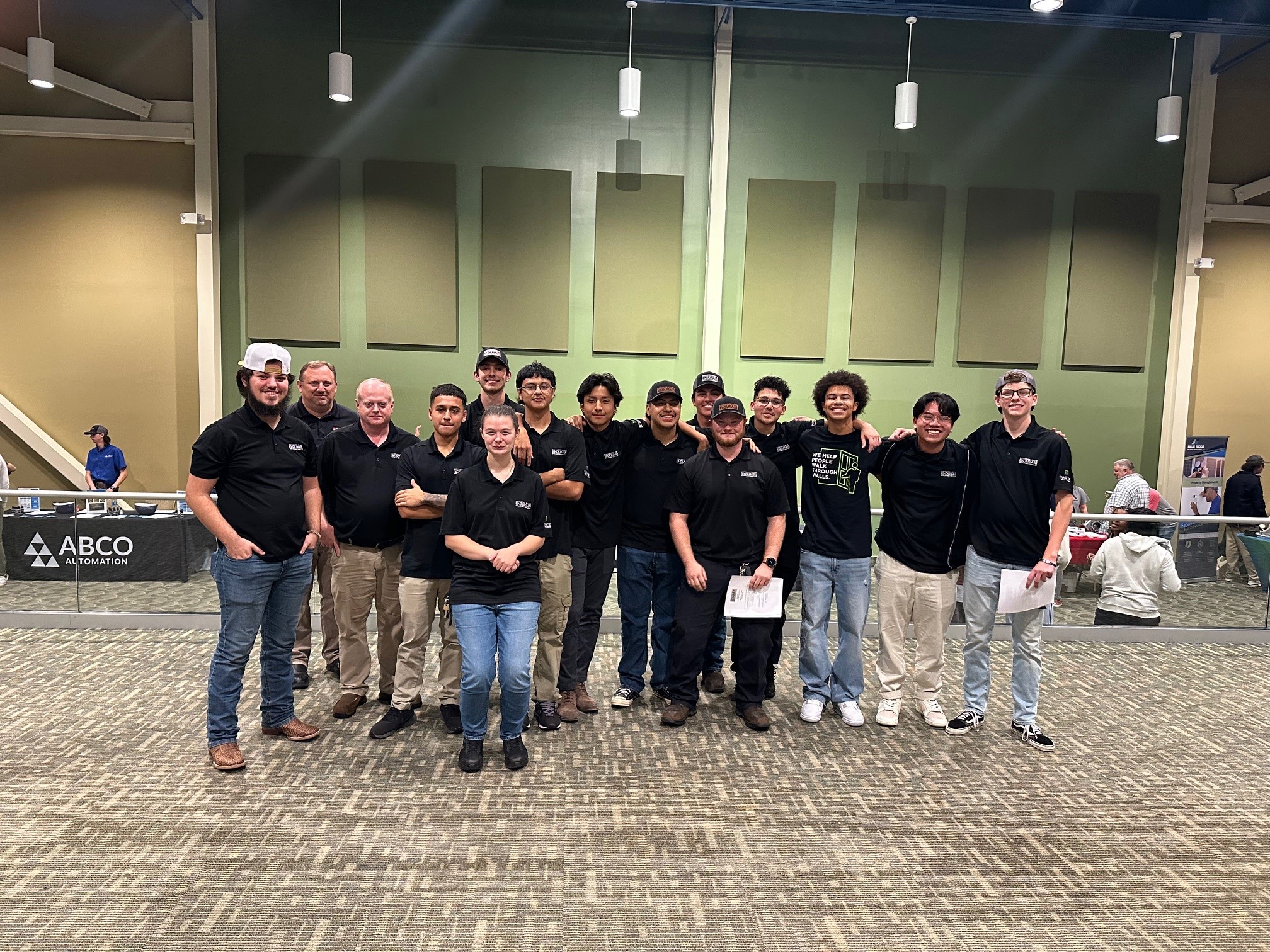Growing Outdoor Partnerships (Reconnect Rural & Urban)

Growing Outdoor Partnerships (led by Mountain Bizworks) is a wildly diverse coalition that seeks to develop outdoor industries that draw on the assets of the region while cultivating the character of each place. To hear program director Noah Wilson describe the rural communities he works with, there is an abiding love for the natural beauties that surround them and the heritage of hard work and craftsmanship upon which they were built. He sees many of them struggling, “stuck between the identity they built in the 20th century and what they can become in the 21st century.” He characterizes his own work as making sure that these communities “have the connectivity, the resources, and thought support” to create vibrant towns—places where their kids would want to stay.
Noah says perception plays a big role in this very complex problem. He describes a hypothetical town built around a factory. When that factory closes, the town feels that it has lost its identity. In many cases the loss of a central, visible asset leads to a community overlooking so many of its own merits: the natural beauty surrounding it, locally grown food, skilled craftsmen, etc. This creates a self-perpetuating problem, Noah says, because if you want your town to grow, when a visitor “walks into a gas station and asks, ‘What is there to do around here?’, you can’t say ‘Nothing’.”
All the same, Noah highlights the value that industry provides these towns: acting as a central node, upon which so many secondary connections can be built. As a partner for these rural towns, he points to modern craftwork as a flexible form of industry that can (according to their needs) choose to set up shop in rural locations, provided they have capable infrastructure and connectivity. Here acknowledging a second, pervasive problem: “if you don’t have broadband, I won’t live there, because I can’t do my job.” Beyond this necessity, for a modern, craft industry to set up shop in a rural area, they need to be attracted to the place: their employees must see it as a place where they’d want to live and raise children. The work of attracting industry needs to happen alongside the work of community engagement and place-building. And while this is difficult, it is a problem that coalitions can overcome.
As a success story, he highlights the multiyear revitalization of Old Fort. “[Years ago,] you’d get out of work at four o’clock and the town had already gone quiet. That town is now alive and fiery, people are hanging out, there are venues and restaurants, people are doing stuff. The whole town’s energy and attitude has changed. Investment is flowing in, but also, people who are local have a part in that.” He stresses that success comes from a deep cultivation of local assets, but also comes from the development of a regional interdependent ecosystem: “If [Outdoor Gear Builders] wasn’t there, Kitsbow and Triple Aught wouldn’t have moved there; if they hadn’t, then other businesses wouldn’t be there as well; if the food and craft beer scene weren’t so strong, then Hilman Beer wouldn’t have moved into the same complex as Kitsbow, and there wouldn’t be this hub at the edge of town. If the fauna and flora state trails weren’t going through there… or if the forest service and community college hadn’t been really engaged…then there wouldn’t [be the same] energy around trail building and forest engagement in that place—all those things, they’re part of the larger movement.” And, he says, “We get to be both key players in this work and cheerleaders who say ‘What else can we do to help you?’”
When the various organizations and interests in a place take stock of each other and recognize common goals and values, across sectors, across county lines and between rural and urban areas, their collaborative work becomes exponentially more powerful. “So, let’s band together as support providers, as learning institutions, as government agencies, as nonprofits and businesses, because when we work together, we’re powerful—that’s the beauty of it. It’s not a zero sum game.”
Written by Chris Kampe.
- Categories:


